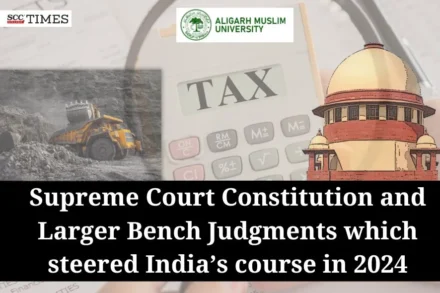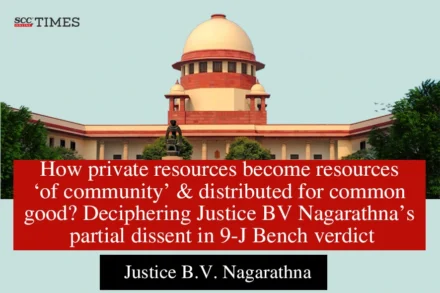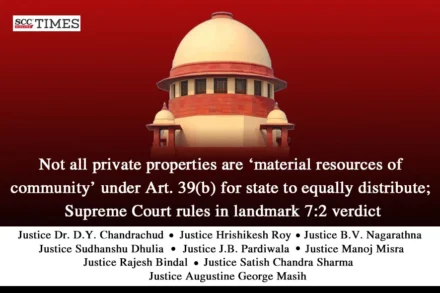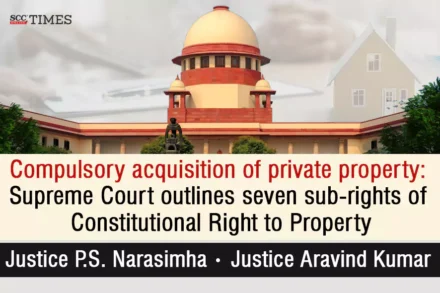
‘Right to property occupies sacrosanct position’: Delhi HC orders Centre to pay Rs. 1.76 crore for illegal occupation of private property for two decades
“The State, being a constitutional authority and repository of public trust, is duty-bound to protect, rather than transgress, the civil rights of its citizens, including the right to property. The powers of the State are not plenary or absolute but are circumscribed by constitutional and statutory limitations.”






